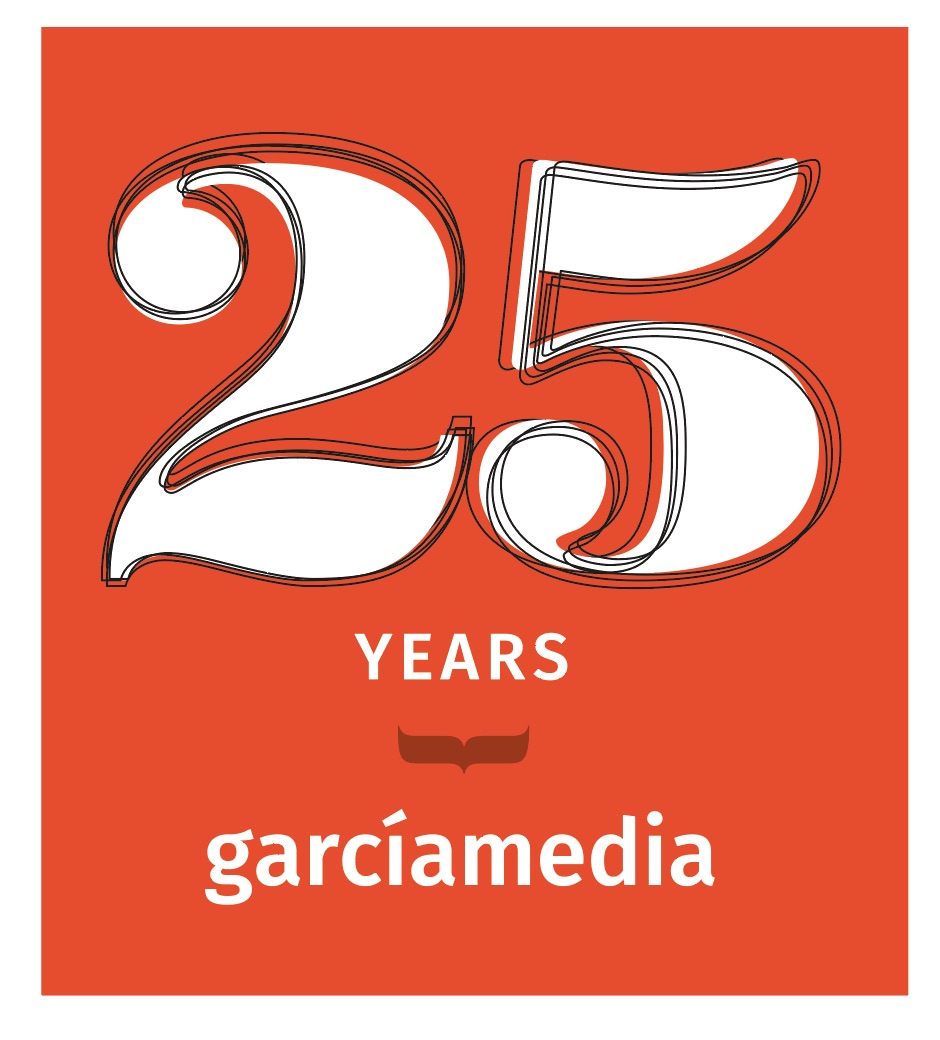This is the weekend edition of The Mario Blog and will be updated as needed. The next blog post is Monday, March 12.
She would not be happy to read in The Economist that whom is doomed for extinction.
Dear Mrs. Simon,
It’s been 53 years since I sat in your English 12 class at Miami Senior High School. Your lessons have stayed with me.
You had a passion for English literature and put us through three weeks of analyzing Beowulf. Imagine what that was like for a Cuban refugee new to the English language. You were also quite passionate about proper grammatical use. You corrected us on the spot when we said something like “Oscar and me” would like to……
“It is ‘Oscar and I’,” you would remind me, always with a smile.
You were also constantly reminding us that “a medium is, but media are”. I still hear that improperly used today, and I immediately know they did not have you for an English teacher. Lucky me.
However, one of your most passionate grammatical appeals was for the correct use of “whom”. “Who is used for subjects,” you would tell us. “Whom is for objects.” At first, when I misused it, I attributed to the fact that I had been in the United States only 3 years, but I found consolation to see that you also would be correcting my American classmates who had never spoken anything but English. Comfort comes in all sizes and sounds when you are a struggling refugee trying to survive from day to day.
So, I am a bit deflated to read a recent article in The Economist, headlined appropriately, “For whom, the bells toll”. Apparently, “whom” is losing its mojo because, according to The Economist, it is “stuffier” and even pompous. Primarily, however, the reason for the abandonment of “whom” has to do with an essential reason: swapping who and whom rarely causes confusion.
Mrs. Simon, it seems that “whom” is doomed.
Passé. Finito. Not worth an extra second of attention, unless you are writing a note to an unknown person, in which case it is still valid to say “To whom it may concern”.
Otherwise, states the article, nobody bothers to use whom correctly, and no meaning is lost when someone substitutes who for whom, therefore, it is time to say goodbye to whom. What’s in an ‘m”, anyway? In fact, the illustration accompanying the piece actually burns the M.
I know you would not approve of it.
I wonder if such would be the case if we had an Academy of the English Language, the way we have one for the Spanish language, a regulatory tribunal, so to speak, that examines trends in the Spanish language and then decides what is in and what is out.
In any case, nothing will prohibit me and many others from using what we would consider to be the proper who or whom.
It is amazing how lessons well learned can resonate five decades later.
So, dear and unforgettable Mrs. Simon, if you are there, my hat off to you for teaching us proper use of the language. This is a case where the drop of a single “m” would be a no no for you, and, therefore, it is for me too.
You taught us well.
For the entire article on The Economist:
Society of News Design New York: Celebrating 40 years

Mario’s Speaking Engagements

April 18-19, 2018-–Newscamp ,Augsburg, Germany.

June 3-6, 2018—The Seminar, San Antonio, Texas.

June 7-8—WAN-IFRA World Congress, Lisbon, Portugal

Garcia Media: Over 25 years at your service

